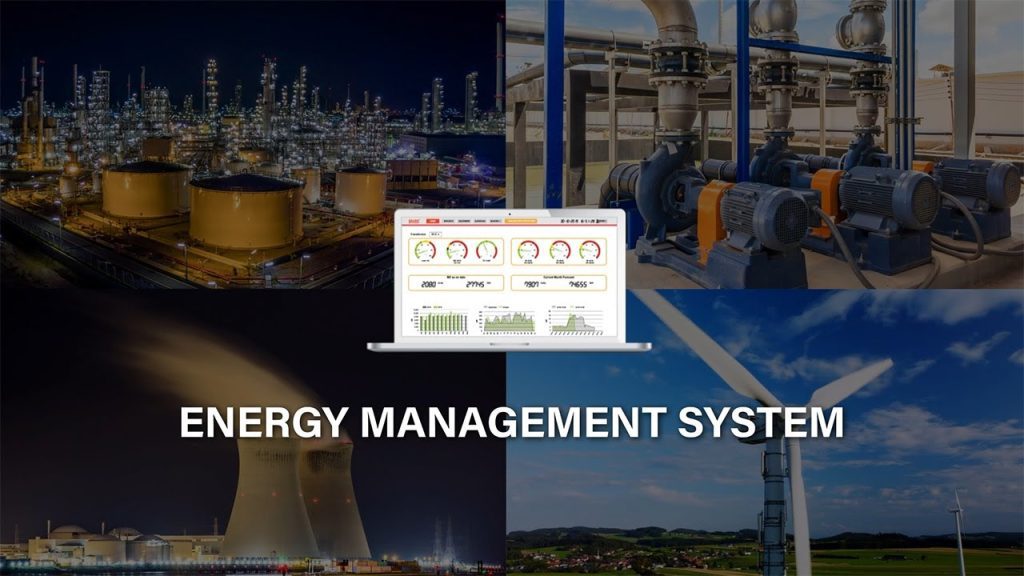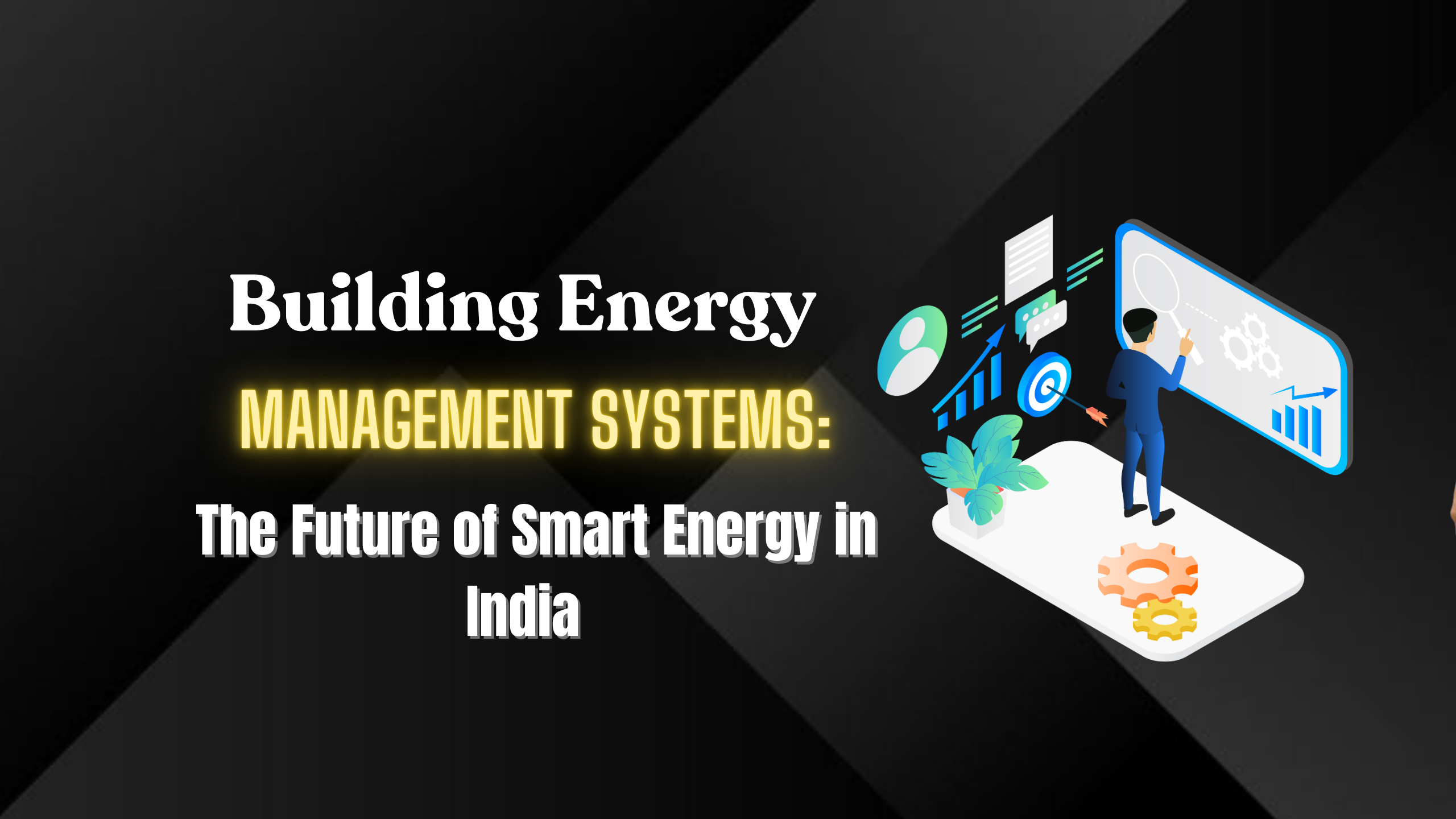Introduction
With the rising demand for energy management systems in India, there is a dire need for a better, fast-paced solution. Due to the increased pace of industrialization and urbanization, the requirement for smart energy management solutions is growing. However, what is an energy management program actually? It refers to the monitoring, controlling,g and optimizing of the energy consumption in residential or commercial environments. A smart energy management system allows businesses and homes to maximize energy efficiency, lower operating costs, and play a part in a cleaner and more sustainable future.
Understanding the Energy Management System
An energy management system (EMS) is an ultimate tool for monitoring and controlling how to utilise energy. Energy management systems (ENMS) incorporate sophisticated data analysis techniques to improve energy management. Whether it is building energy management systems or smart home energy management system projects, EMS proves to be a key technology in energy optimization for applications in the mentioned areas.
Key Components of an EMS
- Collection and Monitoring of Data: Sensors and smart meters collect real-time energy consumption data.
- Data Analysis and Reporting: Energy pattern analysis to identify inefficiencies
- Control & Automation: Automation control for washing & controls of heating, cooling, and lighting systems.
- Optimum Energy Utilization: Predictive analysis and AI tools for analytics.
- Incorporation with renewable sources: Hub/cluster solar and wind energy solutions
Importance of Energy Management
There is undoubtedly no greater management of energy. It means lower operational costs for businesses and regulatory conformance with environmental legislation. Homeowners save money month after month on utilities while also minimizing their carbon footprint. AEMS energy management system that enables users to:
- Real-time Energy Consumption Tracking
- Spot anomalies and inefficiencies
- Take energy-saving actions automatically.
- Include sustainable energy alternatives.
- Improve General Energy Efficiency
Smart Energy Management in Commercial Spaces
Smart energy management systems are changing the game in the commercial sector as well. Companies can implement building energy management systems (BEMS) to:
- Improve your HVAC and lighting systems
- Make it not waste energy, even when it is unused.
- Use demand response methods.
- Monitoring energy consumption trends.
- Achieve regulatory compliance and sustainable development goals
Smart Home Energy Management System Projects
For residential settings, smart home energy management system projects are gaining popularity. Homeowners can:
- Use smart thermostats and lighting controls.
- Monitor energy usage through mobile apps.
- Schedule appliances to operate during non-peak hours.
- Integrate solar panels and battery storage.
- Enhance comfort and reduce energy bills.
EMS Smart Technologies Driving Innovation
Advanced technologies like the EMS smart platform are driving innovation in energy management. These technologies leverage AI, IoT, and big data analytics to provide actionable insights and automate energy-saving actions. For instance, smart grids and microgrids can balance energy supply and demand in real-time, ensuring optimal efficiency.
Benefits of Energy Management Solutions
For Businesses:
- Reduced operational costs
- Improved energy efficiency
- Enhanced sustainability
- Compliance with regulatory standards
For Homeowners:
- Lower utility bills
- Increased comfort and convenience
- Reduced carbon footprint
- Integration with renewable energy sources
Best Practices for Implementing an EMS
- Step 1: Perform an energy audit to assess where you can cut back on unnecessary usage and gain efficiencies.
- Establish Energy Targets: Establish specific targets for energy reduction.
- Image: Choose the Right EMS Platform: Pick a scalable solution that you can customize
- Select and Monitor Data: Regularly keep watch of what your energy consumption looks like through patterns.
- Use Automation and Controls: Smart sensors and IoT devices can take actions automatically to save energy.
- Routine maintenance and updates to make sure the EMS is operating optimally and is current
Future of Smart Energy Management in India
India is poised to drive the future of smart energy management. The global energy management solutions market is anticipated to gain momentum with the government’s fuelling the deployment of renewable energy and sustainable energy technologies. EMSp energy management systems will become even more effective and economical with developments in AI, IoT, cloud computing, etc.
Conclusion
India’s energy management system is changing the aspects of commercial & residential buildings. Smart energy management solutions can help both businesses and homeowners reduce costs, improve energy efficiency, and support a more sustainable future. At Aknitech, we help you achieve optimal energy consumption, reduce operational costs, and shift toward sustainability. Today, take your first steps for a smarter future by visiting Aknitech and having our Energy Management Solutions.







